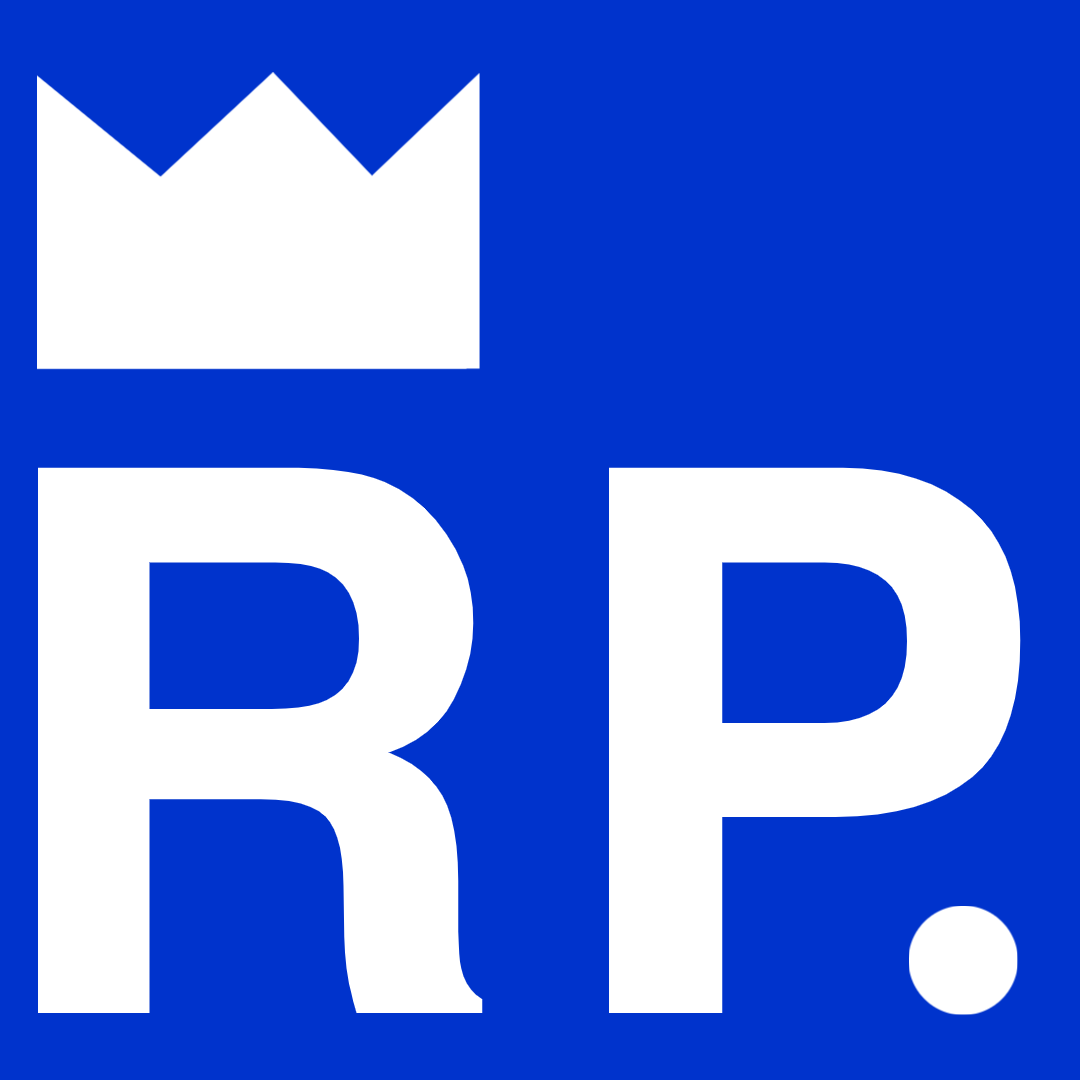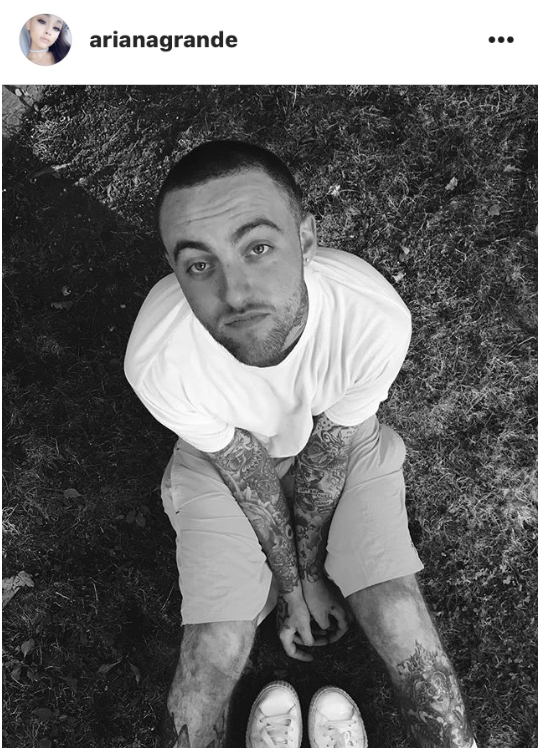The late Mac Miller
Sep 11, 2018
Caption-less photo Ariana Grande posted on Instagram of Mac Miller. Miller was 26 at the time of his death.
As Rolling Stone reported, rapper Mac Miller lost his life to a suspected drug overdose on Friday. Over the weekend, fellow celebrities, HHS and fans from all over the world have reacted to the 26-year-old acclaimed musician’s devastating death.
According to Variety, Elton John and Donald Glover (Childish Gambino) both dedicated some of their songs to Miller, with Glover tearing up.
Kehlani dedicated a post to Miller on her Instagram where she fondly remembers her friendship with him, emotionally writing “rare you meet people in this industry that make you feel like home, make you feel human, because they’re so human too.”
These are a few of the many heartbroken responses, but by far the most publicized has been none other than Ariana Grande, who had collaborated with Miller on the song “The Way.”
“Ariana Grande is not to blame for Mac Miller’s death. She didn’t deserve all the hate comments she was getting,” said Aisha Dem, senior.
Dem is referring to the accusations that Grande is the cause of the fatal overdose. However, when Grande and Miller broke off their long-standing relationship a few months ago, she was also subject to Internet trolls blaming her for Miller’s troubles pre-overdose. Since Miller’s death, Grande has responded by posting a heartfelt picture of him on Instagram with no caption.
“I’m glad she let the picture speak for itself, and disabled comments. I’m not a huge fan of him or follow him really, but I think you should respect the dead,” Dem said.
The stigma surrounding drugs and mental health in society is very real, but as People reported, Miller was always very vocal about his struggles. With this being said, Miller is far from the only person to experience addiction and overdoses. The CDC reported that in 2016 over 63,000 Americans died of drug overdoses.
The good news for people who struggle with the same thing Miller did, however, is that treatment and help is available. The Substance Abuse and Mental Health Services Administration has a 24 hour free hotline (1-800-662-HELP) for people and families experiencing substance abuse and mental health troubles.

